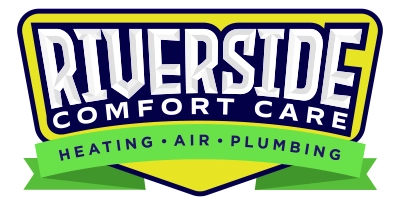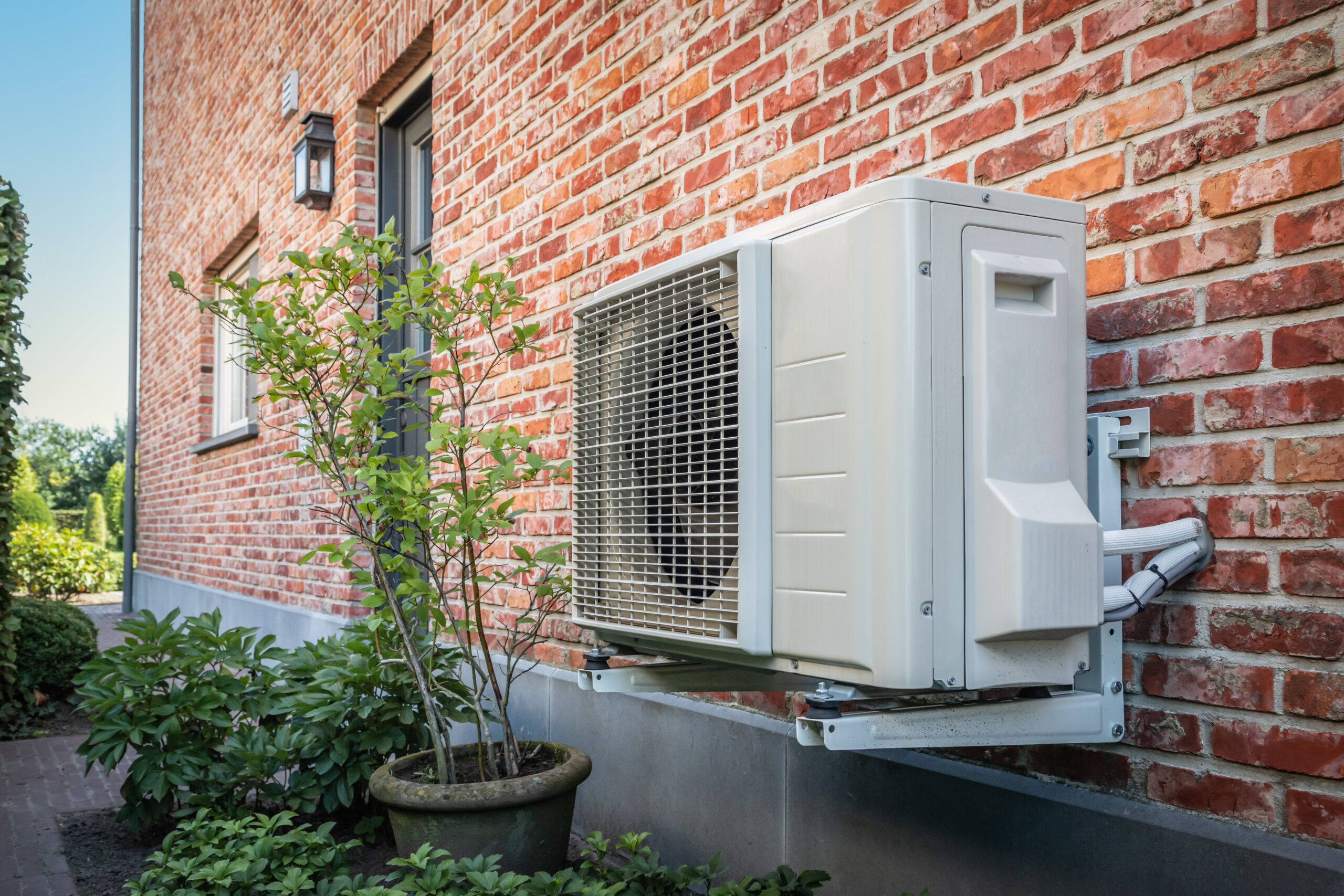Heat pumps are becoming an increasingly popular heating and cooling solution for homeowners. They offer energy efficiency, environmental benefits, and year-round climate control. However, if you’ve ever asked, “what are the disadvantages of a heat pump?” you’re not alone.
While heat pumps provide many advantages, they also come with challenges that homeowners in Van Buren, AR, should consider before making a purchase. In this guide, we’ll explore key drawbacks, performance concerns, and when it’s best to consult a professional.
For a deeper understanding of heat pumps and HVAC systems, check out Energy.gov’s guide to heat pump efficiency.
How Heat Pumps Work
Before diving into their disadvantages, it’s essential to understand how heat pumps operate.
The Basics of Heat Pumps
Heat pumps work by transferring heat rather than generating it. In winter, they pull heat from the air or ground and transfer it indoors. In summer, they reverse the process, cooling your home by removing heat.
HVAC.com provides an excellent breakdown of how different heat pump systems function and their applications for homeowners.
Types of Heat Pumps
There are several types of heat pumps, including:
- Air-source heat pumps – The most common, transferring heat between indoor and outdoor air.
- Ground-source (geothermal) heat pumps – Use underground heat for more consistent efficiency.
- Hybrid heat pumps – Combine electric and gas heating to improve performance in extreme weather.
While these systems offer benefits, they also come with drawbacks that every homeowner should consider.
1. Higher Initial Costs
One of the main concerns with heat pumps is their higher initial installation costs.
Why Professional Installation Is Necessary
Installing a heat pump requires expertise, and improper installation can lead to reduced efficiency and higher maintenance needs. That’s why working with a trusted HVAC provider is crucial.
For a breakdown of why correct installation impacts performance, check out this guide on Angi’s List.
👉 Need expert installation in Van Buren, AR? Call Riverside Comfort Care at (479) 353-5266 to ensure your system is properly set up!
2. Reduced Efficiency in Cold Weather
Heat pumps lose efficiency when temperatures drop too low, making them less effective in extreme cold.
How Cold Affects Heat Pumps
Since heat pumps extract heat from the air, they struggle to perform efficiently in freezing temperatures. This often leads to a reliance on backup heating sources, like electric resistance heaters or gas furnaces.
According to ACHR News, cold weather performance issues are one of the biggest concerns homeowners face when relying on heat pumps in winter.
If your heat pump isn’t keeping your home warm, it’s time to call a professional to properly diagnose the issue.
3. Dependence on Electricity
Unlike gas furnaces, heat pumps rely entirely on electricity to function.
What Happens During Power Outages?
- A gas furnace can still operate with a backup generator, but a heat pump will completely shut down during an outage.
- In areas with fluctuating energy costs, heat pumps may increase electricity bills in extreme temperatures.
For an in-depth look at how electricity rates affect heat pump efficiency, check out HomeAdvisor’s heating cost comparison.
4. Increased Maintenance Needs
Because heat pumps operate year-round, they require more frequent maintenance than seasonal heating or cooling systems.
Common Heat Pump Maintenance Tasks
- Air filter cleaning – Helps maintain airflow and efficiency.
- Refrigerant level checks – Ensures the system doesn’t overwork.
- Coil and fan inspections – Prevents performance issues.
Neglecting maintenance can lead to expensive repairs. To avoid breakdowns, homeowners should schedule annual professional servicing.
👉 Need maintenance? Call Riverside Comfort Care at (479) 353-5266 for expert HVAC services!
For a professional checklist on heat pump maintenance, visit HVAC.com’s homeowner guide.
5. Noise Levels Can Be a Concern
Heat pumps, especially air-source models, can produce operational noise.
Why Are Heat Pumps Noisy?
- Outdoor compressor units can generate noticeable humming sounds.
- Fan motors contribute to additional noise.
- Defrost cycles during winter may cause unusual sounds.
If reducing noise levels is a priority, you can explore low-noise models. Learn more about quiet HVAC systems from The Spruce’s guide to silent home heating.
6. Shorter Lifespan Compared to Furnaces
While heat pumps provide year-round heating and cooling, their lifespan is typically 10-15 years, compared to 20+ years for furnaces.
How to Extend the Life of Your Heat Pump
- Regular tune-ups prevent premature wear and tear.
- Proper installation ensures longevity and efficiency.
- Upgrading components like thermostats can improve system performance.
For more on how to extend your HVAC system’s lifespan, check out This Old House’s expert advice.
Is a Heat Pump Right for Your Home?
Before deciding, homeowners in Van Buren, AR, should weigh these factors:
Does your home experience mild winters with minimal freezing temperatures?
Are you prepared for year-round maintenance?
Do you have a backup heating source for extreme cold?
If you’re unsure whether a heat pump is right for your home, Riverside Comfort Care can help. Our professionals will assess your needs and recommend the best heating and cooling solution.
📞 Call us today at (479) 353-5266 for expert guidance!
What Are the Disadvantages of a Heat Pump? In Summary
Heat pumps offer efficient heating and cooling, but they also come with disadvantages like higher installation costs, cold weather inefficiency, and increased maintenance needs. If you’re still asking, “what are the disadvantages of a heat pump?” the best way to make an informed decision is to consult an HVAC professional.
👉 Need expert advice in Van Buren, AR? Call Riverside Comfort Care at (479) 353-5266 today!
For more information on energy-efficient heating solutions, check out Energy Star’s heat pump recommendations.



